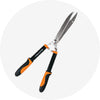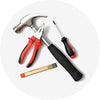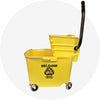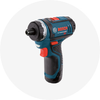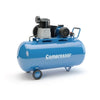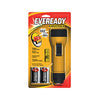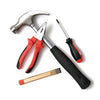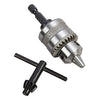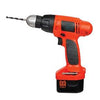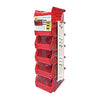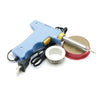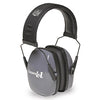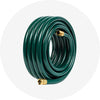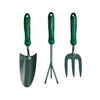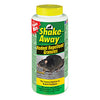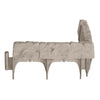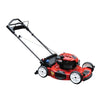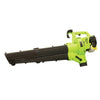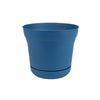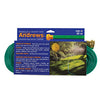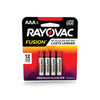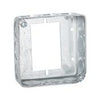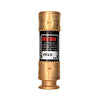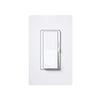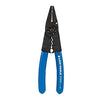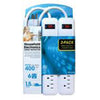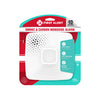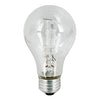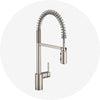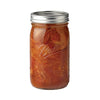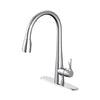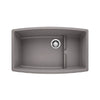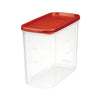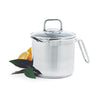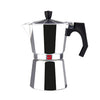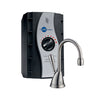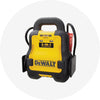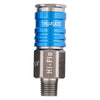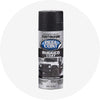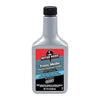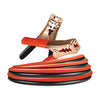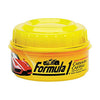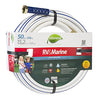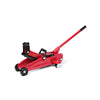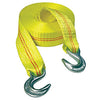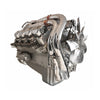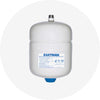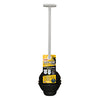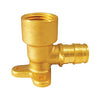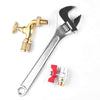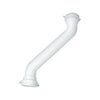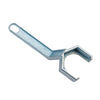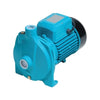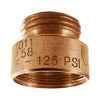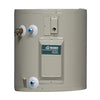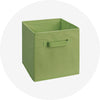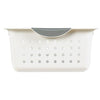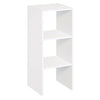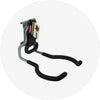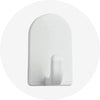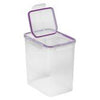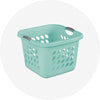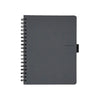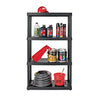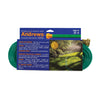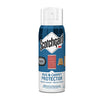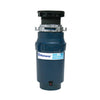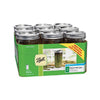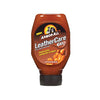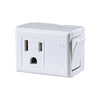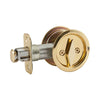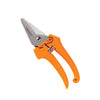Choosing the correct type of drill bits for metal
∙ min read

First, let’s talk about the obvious, what is drilling?
Drilling is the cutting process of solid materials using repetitive rotations to create a hole.
The drill bit is the tool that goes to your equipment's end. You need to have a perfect understanding of the job you want to do (the material you’re drilling, why you need to make a hole into something, etc.), so you understand which material and tools you’ll need because the accuracy plays an essential part as some jobs require more precision than others.
Using drill bits on materials such as drywall, wood, metal, and masonry is common. But when drilling any material, choosing the correct bit is essential to finish the job quickly and easily. They come in various materials, coatings, and a wide range of shapes and sizes.
Understanding how to drill metal can save you a lot of money, as you would buy just what you need for your project and not waste a thing by damaging stuff or getting the wrong option.
Drilling steel is not easy if you don't know the basics. Regular bits can't cut through metal; using them will harm you and damage your tools. Instead, you'll need a heavy-duty, hard drill bit that can take the heat, and those are made of two materials: titanium and cobalt.
There are some characteristics that we can identify in a drill bit to know that it is made for drilling metal; for example, the material it is made of and it is distinguished from other drills by the tip, which in this case is conical, and sharp both at the tip and at its wings.
Titanium drill bits are high-speed steel drill bits that have a titanium coating. They are tough and suitable for cutting through any metal.
Cobalt drill bits are made of cobalt steel and can be sharpened. They are also resistant to heat and very hard and abrasive. So they are perfect for drilling through stainless steel, cast iron, and titanium. Not only that, but they tend to be expensive. However, they are more durable and long-lasting than other options, like titanium. So they can save you money in the long run.
The toughest drill bits for metal are titanium, though they have some cons. As they are coated, they cannot be sharpened, and that coating eventually wears away.
There is another type of drill bits for metal: High-Speed Steel (HSS) is one of the most commonly utilized materials in manufacturing drill bits and is suitable for soft metals.

Here are some tips for drilling holes:
- The larger the diameter of the drill bit, the lower the speed and vice versa, so try using a slow speed.
- Make a dent in the drilled material to stop the bit from slipping. It's essential to do this on smooth surfaces such as steel.
- Wear eye protection; safety always must come first!
In conclusion, choosing the right drill bit for metalworking is crucial for achieving precise and efficient results. With the wide range of options available, it can be overwhelming to determine which one suits your needs best. However, with our extensive selection of drill bits at Max Warehouse, you can find the perfect tool for any metalworking project.
Whether you're a DIY enthusiast or a professional in the industry, having a comprehensive set of drill bits on hand is always a wise investment.
Don't hesitate to check out our catalog and discover the many types of drill bits we offer and our competitive pricing for volume purchases.
At Max Warehouse, we're dedicated to providing our customers with the highest-quality tools and equipment. Contact us today to request a quote or learn more about our products and services. Let us help you take your metalworking projects to the next level!
Sources:
https://dengarden.com/home-improvement/What-Drill-Bit-To-Use
https://home.howstuffworks.com/drill-bit-metal.htm
https://hub.its.co.uk/buying-guides/types-of-drill-bit-explained/
https://housegrail.com/cobalt-vs-titanium-drill-bits/
https://housegrail.com/different-types-of-drill-bits/
https://www.diydata.com/tool/drillbits/drillbits.php
